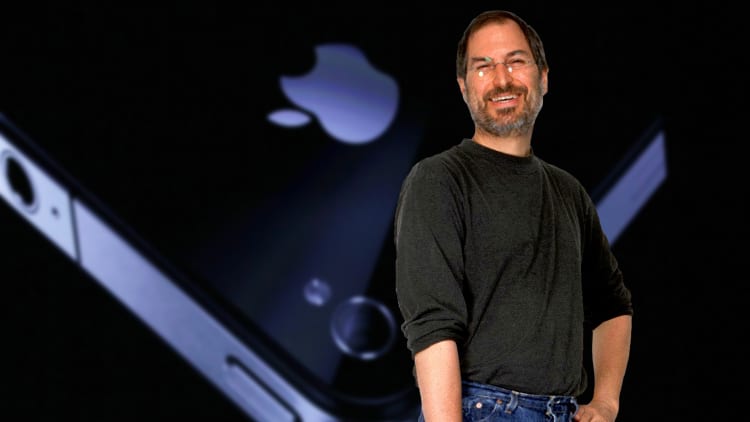Apple is shutting down iTunes—here's what will happen to your music (original) (raw)
Pour one out for your high school mix tapes: Apple announced Monday at its annual Worldwide Developers Conference (WWDC) that it's shutting down iTunes, its 18-year-old digital media software. In its place, Mac users will have three individual, dedicated apps for music, podcasts and TV, similar to the current iPhone setup.
The transition will take place when the macOS Catalina, the latest version of Apple's Mac operating system, debuts in the fall. While the news initially alarmed users, you can rest easy: Apple confirmed to CNBC Make It that your iTunes content isn't going to just disappear into the digital ether.
"Users will have access to their entire music library, whether they downloaded the songs, purchased them or ripped them from a CD," reads a press release.
The company confirmed that when Mac users update their software, music currently in your library will transfer to the Apple Music app and TV and movie purchases will migrate to the Apple TV app. Mac users will be able to access the iTunes Music Store within the Music app, and buy movies and TV shows in the TV app. Windows users will see no change in their iTunes experience, and iTunes Store gift cards are still valid.
How to 'own' your digital files
While the company promises that users won't lose content, it's a good reminder that digital files can come with quirky ownership rules.
When you lawfully buy a physical CD, DVD or book, for example, the Copyright Act allows you to sell, lend or give away your copy, because you own it. But that's not the case for digital copies, as Apple's terms and conditions explicitly states.
So if you buy a movie via the iTunes store or to stream on Amazon, for example, you're essentially buying a license to watch the film as long as it remains on the platform — you're not buying ownership of the file itself.
As for music, as Apple states, you "may burn an audio playlist of purchased music to disc for listening purposes up to seven times ... Other Content may not be burned to disc."
In order to keep your digital files forever, you can download them onto an external hard drive or upload them to a cloud service.Of course, you could always go the old-fashioned route and buy physical copies of your favorite books, albums, movies and TV shows.
Don't miss: Here's everything Apple just announced: iOS 13, Mac Pro and more
Like this story? Subscribe to CNBC Make It on YouTube!
